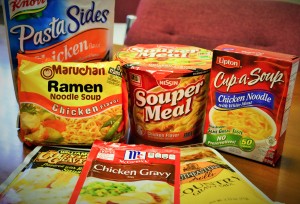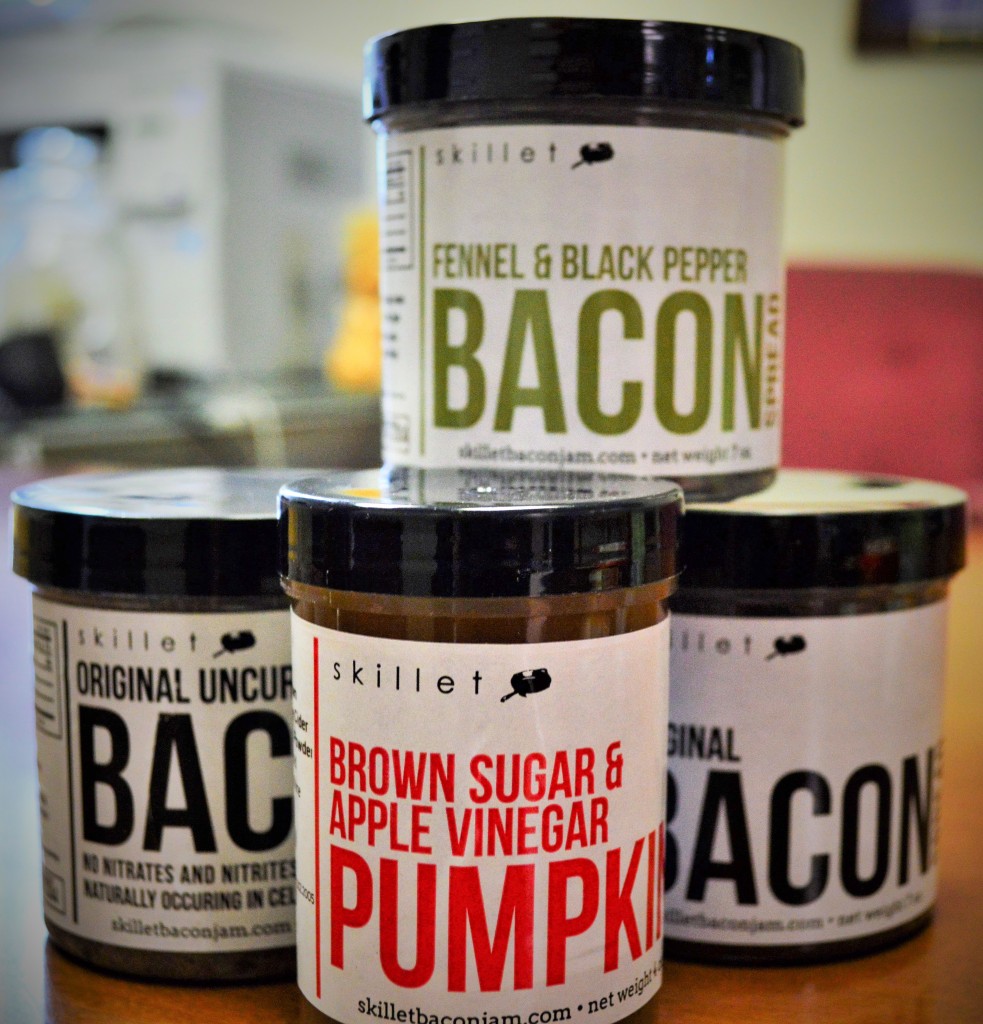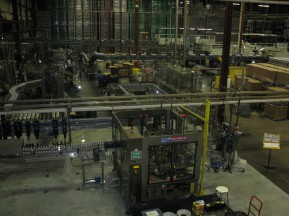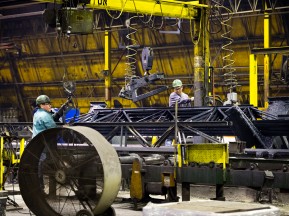
It’s safe to say college life probably wouldn’t be the same without Henningsen Foods, Inc., in Norfolk.
That’s because the powered beef and chicken products made at the Norfolk facility are a staple ingredient of nearly every college student’s go-to food: ramen noodles.
As a matter of fact, many powdered and dried meat products made at the Norfolk Henningsen Foods facility are used in products the average consumer uses on a daily basis — everything from gravy mixes to Lipton soups. It even makes a spreadable bacon.
“At first I thought that was something you could put on a cracker,” Raymond Morse, plant manager of Henningsen Foods in Norfolk, said of the bacon product. “But I put on a burger and it was good.”
Henningsen Foods in Norfolk is part of the Q.P. Corporation of Tokyo, Japan, but the facility’s history in the community dates back nearly a century.
Construction on the building on North Third Street began in 1919 and was completed by mid-May the following year. Henry Fishbach of Beatrice had purchased the property site and paid $6,000 for construction of a railroad spur to the property.
The Norfolk Poultry Company — as it was called for many years — was at the time said to be one of the most complete poultry establishments in the country. It contained a cold storage plant, chicken feeding department, picking department and egg-packing facilities.
Fishbach — who also operated plants in Columbus, Central City, Fremont and Wakefield — also built employee housing. Three of those houses are still standing south of the current building.
The plant was sold to the Central Distributors of Chicago and then to the Borden Company, which constructed an ice manufacturing plant at the location in 1935. The plant later went through sales to Frank Pilley and Sons, which installed an egg-breaking production line before eventually selling to Ocoma Foods. Ocoma was primarily interested in egg grading, breaking and drying.
The facility began production under the Henningsen Foods name in 1958. It operated as a family-owned business until it was sold to Q.P. Corporation in 1990.
“Up until last year or the year before, there was still a Henningsen involved in the business,” said Morse. “He has now retired.”



